Bee Pollen and Propolis Boost the Health of Animals in Study
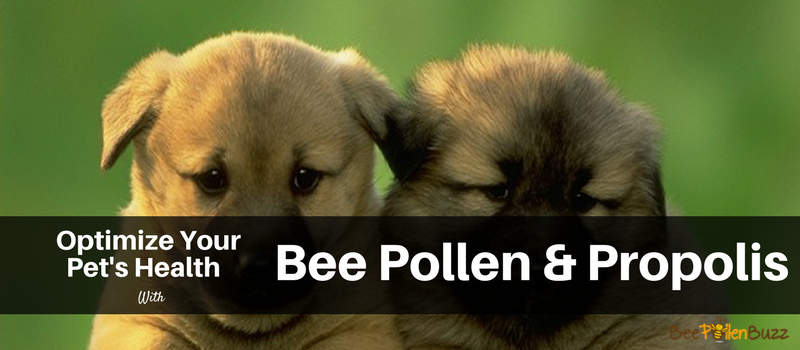
by Angela Van Alten, Nutritionist and Beekeeper's Daughter

Many of us have pets. For those of you who do, your pet is likely a very important part of your family. So it is logical that you want to feed your pet the healthiest way possible to ensure they live a long and healthy life. It now seems that supplementing your animal with bee pollen and propolis may help you do this.
A recent study set out to examine the effect of different growth promoters (bee pollen and propolis) on growth performance, haematological (blood) traits and the immune response of growing rabbits.
A total of 105 male rabbits were randomly distributed among 7 groups fed the same diet and submitted to different dietary treatments. The first group was not supplemented and used as control; the other groups were supplemented respectively with bee pollen and/or propolis at 200 mg/kg of body weight or inulin and/or mannanoligosaccharides (MOS) at 35 mg/kg of body weight of each. Body weight gain, daily feed intake, feed conversion ratio, biochemical and blood parameters were measured among other things.
Bee pollen administered alone or with propolis significantly increased the body weight gain and improved food conversion rates. FCR is a measure of an animal's efficiency in converting feed mass into increased body mass. So it appears that bee pollen and propolis are efficiently used by animals, especially if they are young and growing.
The bee pollen with propolis resulted in significantly higher (7.96 and 8.41% respectively) white blood cells compared to the control group. This is an indicator or immune health. Essentially, bee pollen and propolis boosted the immune systems of the animals.
So it appears that bee pollen, in particular if in combination with propolis, can help your pet to be healthier. According to this study, your animal will grow faster and healthier if consuming bee pollen and propolis and will have a better functioning immune system.
How to Make Your Pet Healthier With Pollen and Propolis
The animals in this successful study were fed 200 mg of bee pollen and propolis per kg of body weight. This equates to 90 mg per pound of body weight. For a 50 lb dog, the study would suggest giving her 4500 mg per day, or 4.5 grams. It is always prudent to start with very tiny amounts of bee pollen and propolis when beginning to feed your animal to ensure tolerance. Gradually increase the daily dose if your animal tolerates the bee products well and work up to the full dose recommended in this study.
References:
The study was published in the Journal of Animal Physiology and Animal Nutrition.
|
|
|


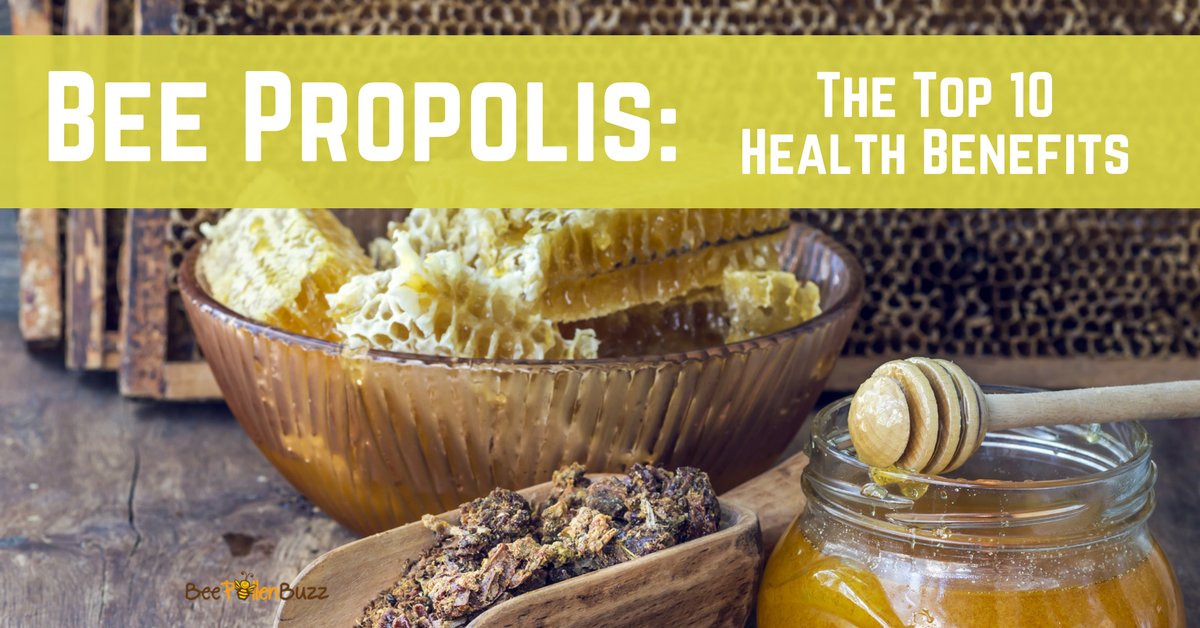
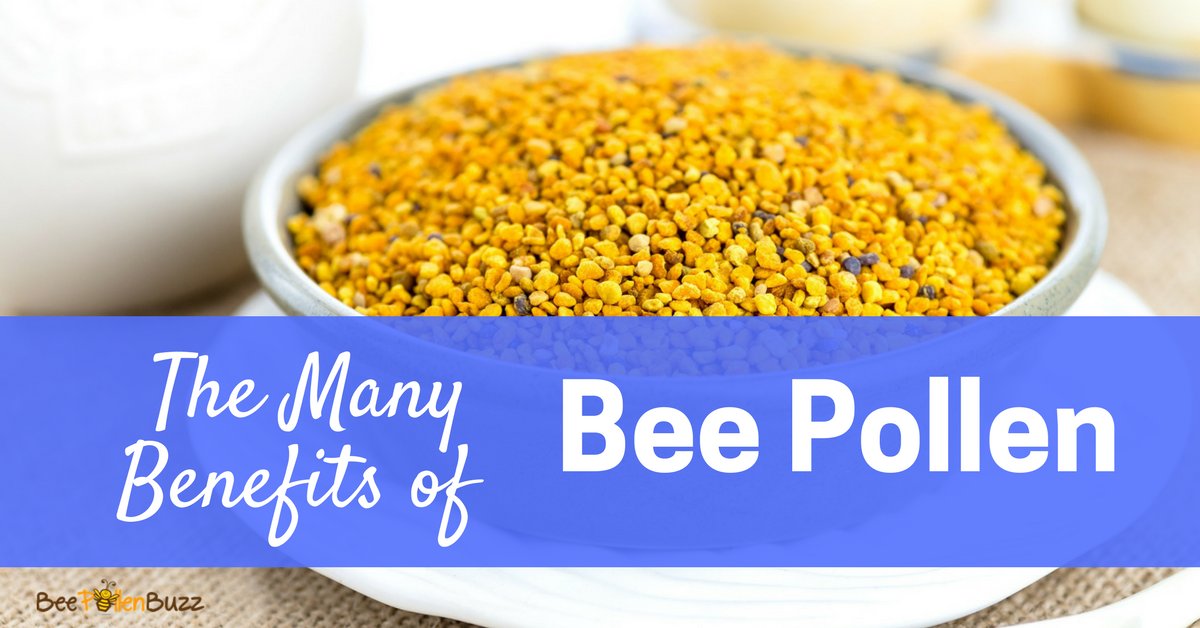
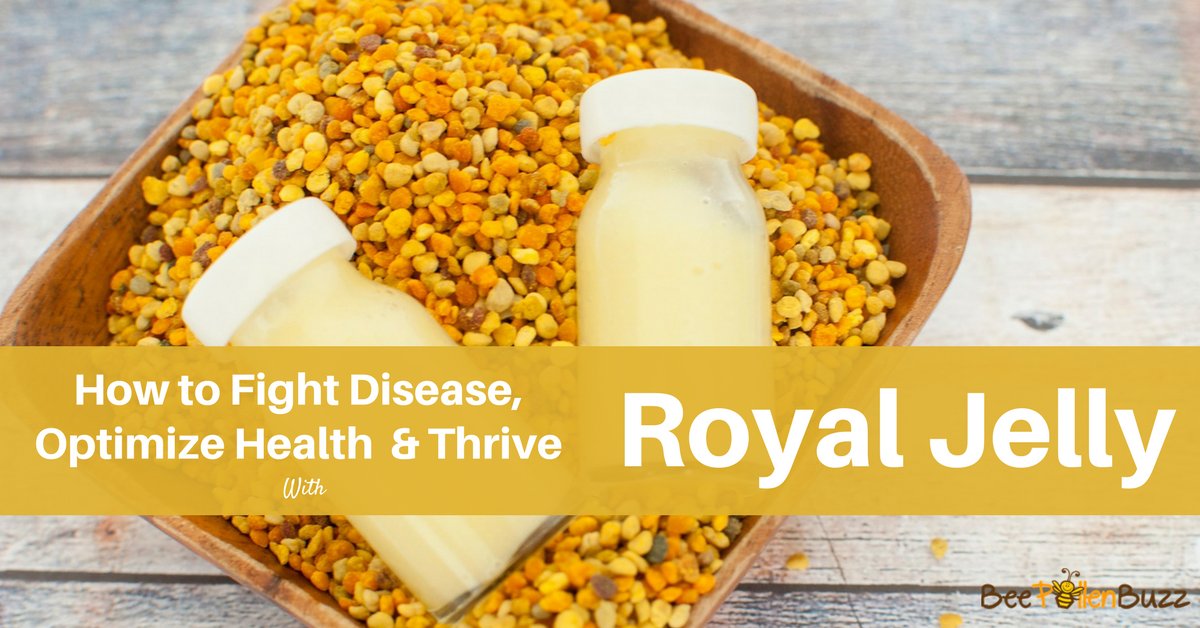
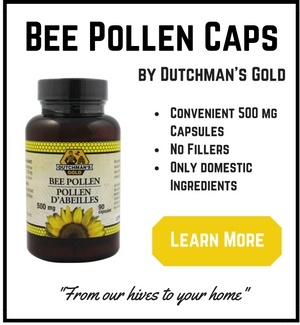
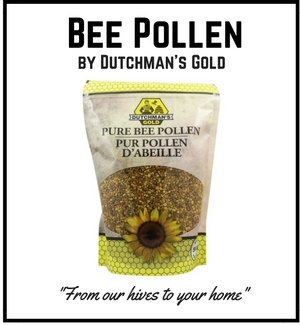
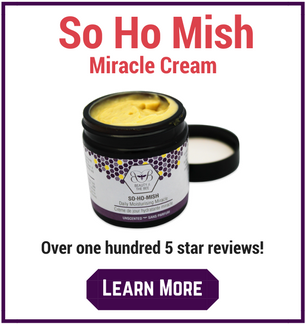
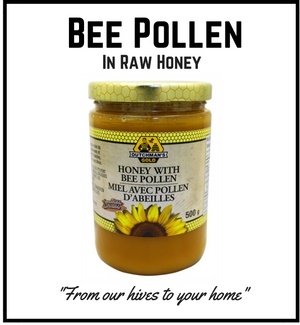






New! Comments
Do you have something to say about what you just read! Leave me a comment in the box below. I'd love to hear from you!